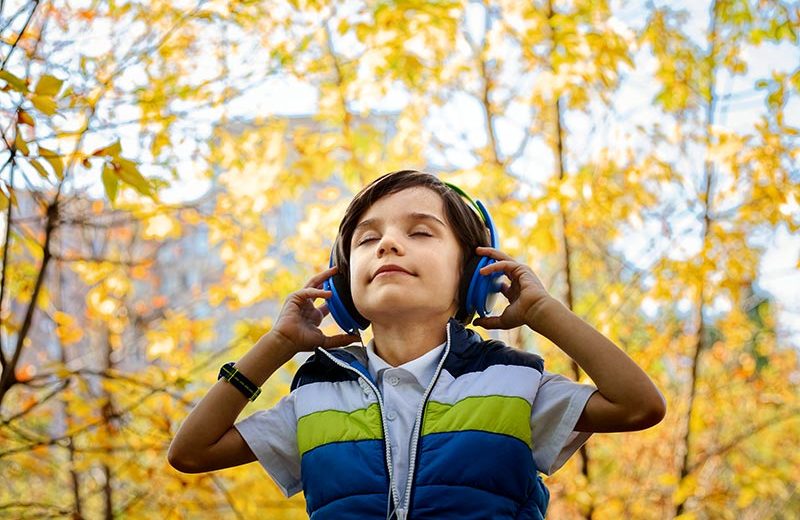Noise-induced hearing loss (NIHL), one of the most common causes of hearing loss and the most common occupational illness in the United States, is a result of being exposed to loud sounds. Due to the repeated and prolonged exposure to loud noises, the hair cells in your inner ear become damaged and eventually lose its ability to pick-up and transmit sound to the brain. However, NIHL can also occur in an instant, but typically the damage takes place gradually. So much so, that many people don’t realize there is a problem until they become frustrated with continuous ringing in their ears or experience a permanent communication problem.
It is estimated that 30 to 50 million Americans are exposed to dangerous noise levels every day, according to the National Institute on Deafness and Other Communication Disorders (NIDCD), making noise-induced hearing loss a widespread problem, and it’s on the rise. In light of National Hearing Protection Month, check out these simple hearing loss prevention tips to help keep you and your ears protected from hearing loss.
• If you know you are going to be exposed to loud noises, use hearing protection. Hearing protection can come in the form of headphones, ear muffs, and ear plugs. So take your pick and use the appropriate protection for each situation.
• If you work in a field where you are continuously exposed to loud noises on the job, OSHA requires your employer to offer ear protection to help guard against noise-induced hearing loss. If you are not familiar with OSHA and their requirements/standards, be sure to do your research.
• If you are subjected to loud noise, say at a concert or sporting event, and you do not have hearing protection, be sure to give your ears a break periodically. By providing your ears an occasional break, you can give your ears a chance to recover and can help protect against permanent damage.
• Being able to distinguish how loud is too loud is one of the best ways to guard against noise-induced hearing loss. Remember, any noise louder than 85 decibels is too loud and has the potential for damaging your hearing. This includes listening to a lawn mower, power tools, and even certain vacuum cleaners for an extended period of time.
• When you are using a personal listening device, such as an MP3 player, make sure you are not listening at too high of a volume, for an extended period of time. In the settings, you can limit the volume level to ensure that it always remains at a safe listening level. However, if you choose to listen to your music loud, make sure you take frequent breaks.
• Since hearing loss often happens gradually and not overnight, it is vital that you get regular hearing assessments from an audiologist or hearing professional. Going regularly for hearing assessments can help you catch any decline in hearing much sooner, allowing you to get help and figure out solutions before it negatively affects your life.





